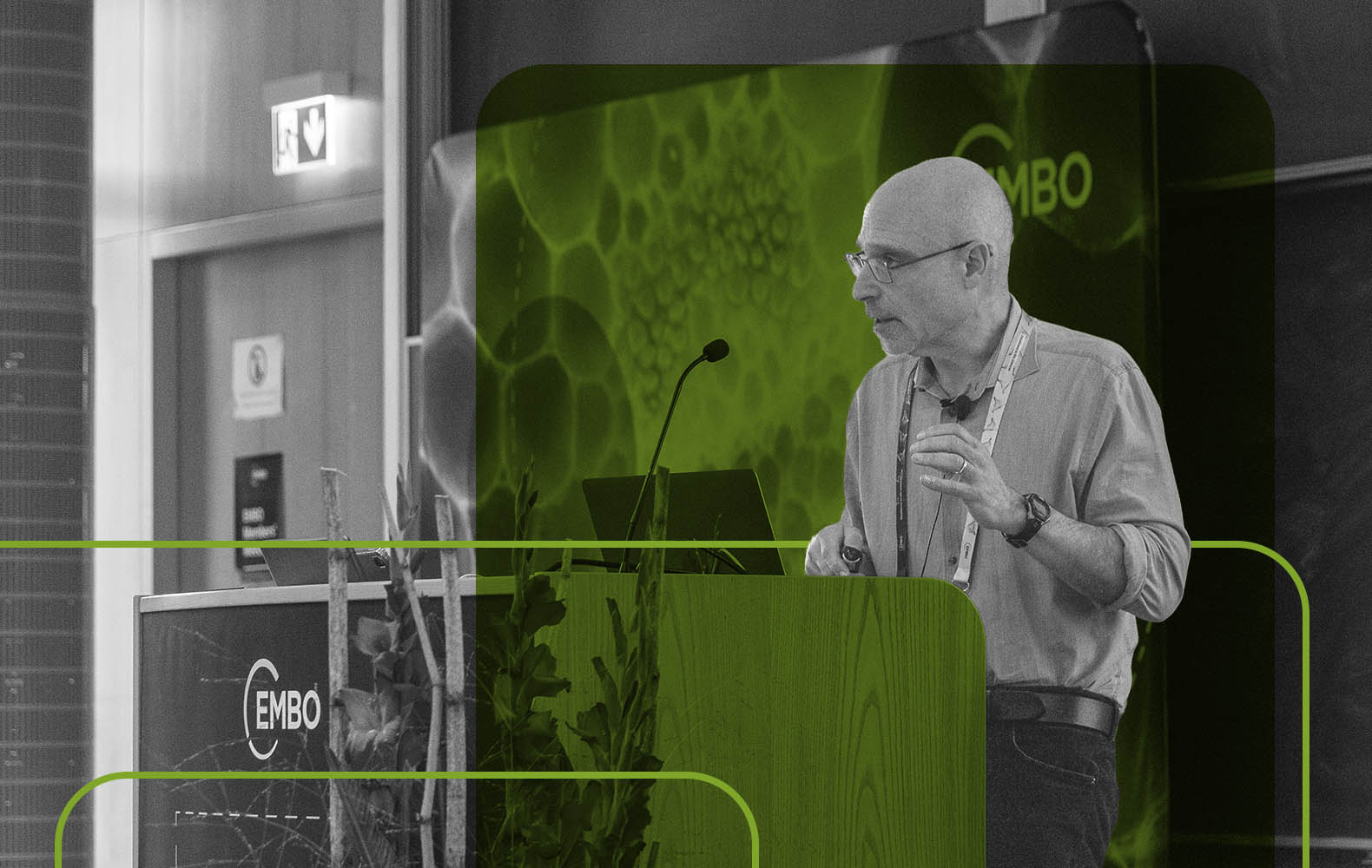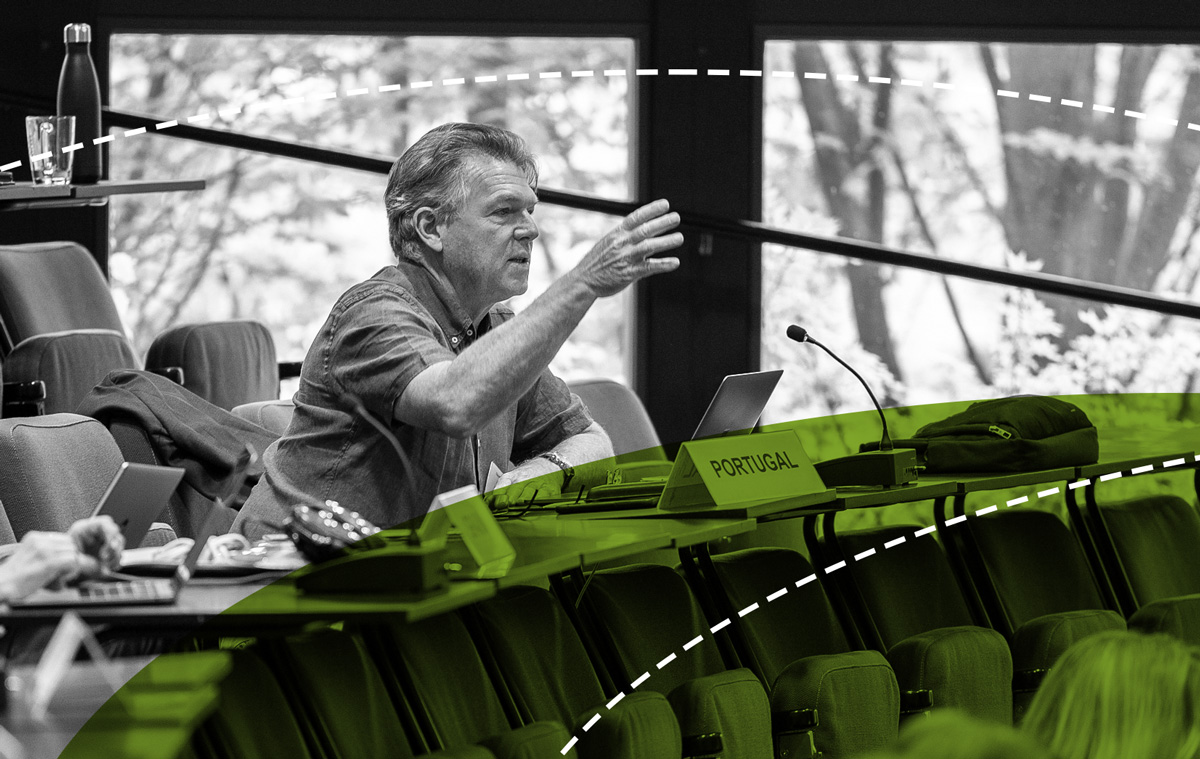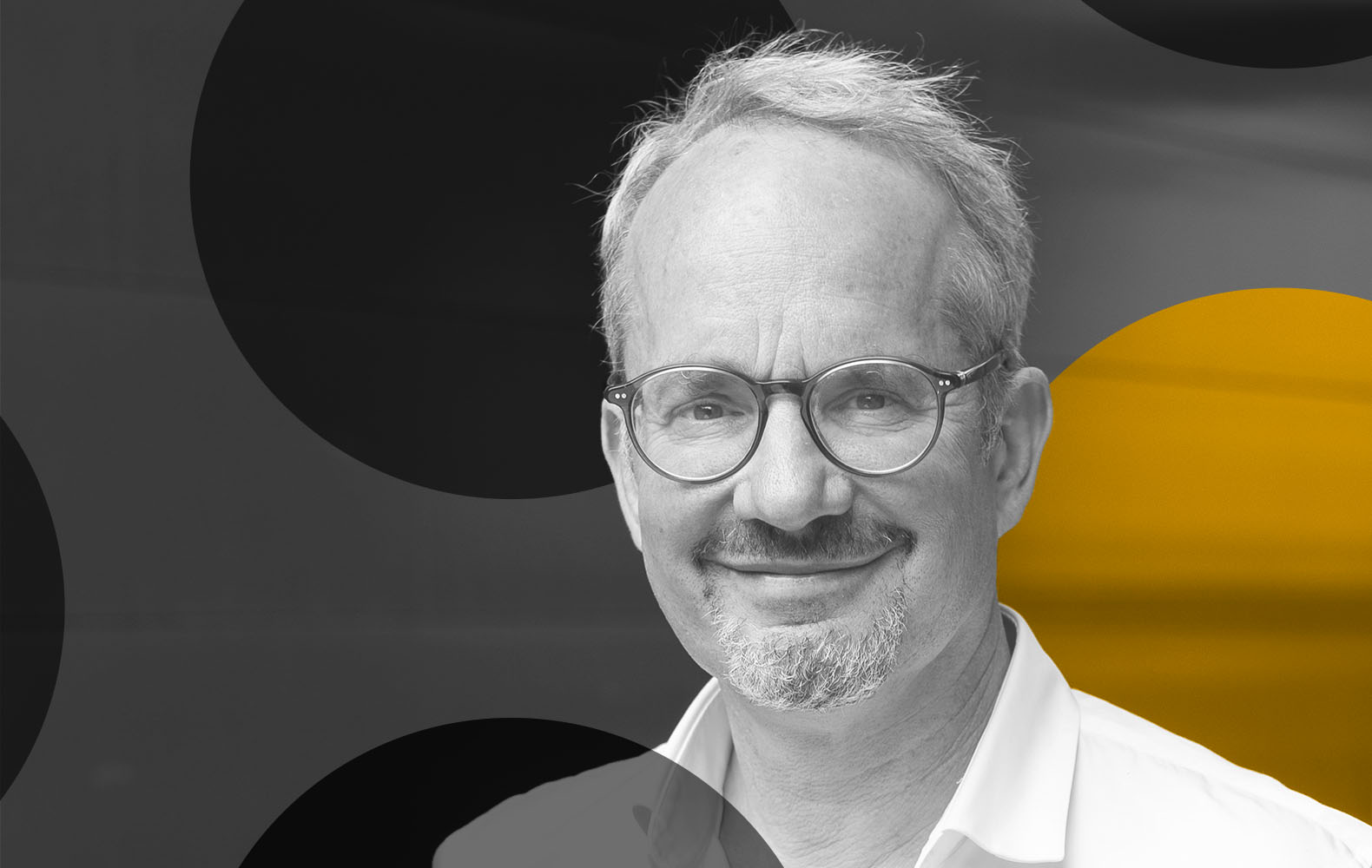Eirikur Steingrimsson has represented Iceland since 2002 on EMBO’s funding body EMBC and was vice-chair for three years. We spoke about his personal research, advice to young students and not studying fish.
How important is EMBC and EMBO membership for Iceland?
It has played a very important role, especially the Postdoctoral and Scientific Exchange Grants because they allow people to perform research in different places, use technologies and learn new techniques. There are also a number of people who have attended the EMBO Solutions Lab Leadership course and have been in contact with other scientists and formed networks.
What has the election as an EMBO Member meant personally?
It raised my profile and my visibility here in Iceland, but at the same time Icelanders are really not into titles! It is also important when you are asked to review grants or similar tasks.
Why did you move overseas for your PhD?
Iceland is a very small country, at that time focused on fish, and I knew I was not going to be doing any fish research! I got really fascinated by genetics as we had Iceland’s first EMBO member Guðmundur Eggertsson who started teaching genetics at the University of Iceland and brought genetic engineering to Iceland in 1977.
No regrets about not researching fish?
None whatsoever, however I do like fly fishing and that is what I do in my time off.
What interested you in molecular biology?
I came from the suburbs of Reykjavík into Eggertsson’s genetics class and it really hooked me. His work laid the foundation for the Icelandic biotech community which is now a very important and fast-growing industry. Biotech-pharma in Iceland per capita is four times bigger than in the US. I wanted to do a PhD and eventually ended up at UCLA where I became really interested in developmental biology to understand the genetic regulatory mechanisms involved in development. That was a very exciting time in developmental biology and for me it opened a completely new vision of how life works, but also what is involved in being a scientist.
Did you shift focus after the PhD?
For my postdoc I moved away from Drosophila into mouse genetics at the National Cancer Research Institute in Frederick, Maryland, but my wife was working as a postdoc in linguistics in the Netherlands and was offered a position in Iceland. So, in 1997 we moved back to Iceland. This was nice – but at the same time, I did not have the funding or the environment to do the advanced research that I had been doing in the US. It was a massive cultural shock! In the US I had been focused on my own research, but in Iceland I realized that we needed to do basic things such as creating a graduate programme in molecular life sciences and then starting the Biomedical Center which is now an umbrella organization for all the life sciences in Iceland. The funding and support environment then started to change and over time I was able to get funding and get started. It probably took me 10 years more than if I had gotten a faculty position somewhere in the US. But I kept going! It called for all kinds of organizational skills. For example, trying to get people convinced about creating a Biomedical Center and what they would gain from it, and the graduate programme and so on. It taught me a lot of new skills and I realized I had skills that I just did not think I had.
What is your key research question?
A key property of Melanoma cells is that they metastasize to other sites. If you have residual local Melanoma, it can easily be removed, but if the cells go elsewhere, you have a problem. The important thing for developing clinical treatment options is to understand how the pathways work. The protein that I work in is called MITF (microphthalmia-associated transcription factor) and is very important for deciding whether melanoma cells proliferate or metastasize, so it is important to understand how this protein is regulated and how it mediates its effects.
What advice do you give to high students about a career in the life sciences?
People come to me all the time, especially if they have been studying biology, and I encourage them to find something they enjoy because having fun doing this is the most important thing. I know people who are working in various jobs outside sciences, and they reach my age and dread going to work yet another day. That thought never occurs to me. I look forward to coming to the lab. The other thing is that I am working with young people and working with them when they are trying to find their niche in life is a lot of fun.



